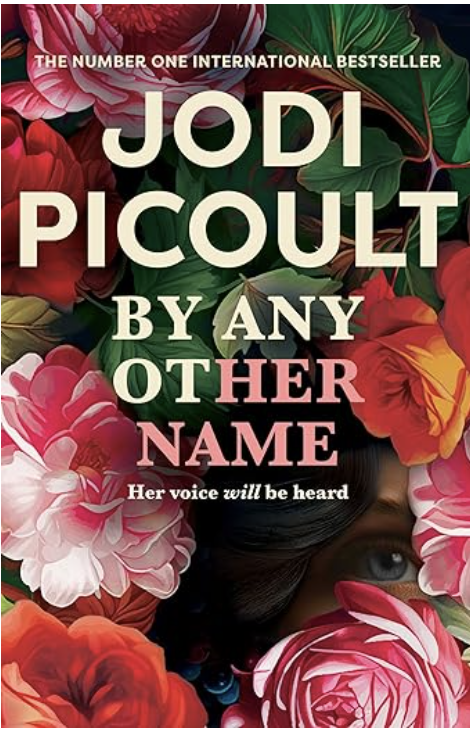The Little Right-Hand Turns That Lead Us Back to Ourselves
On therapy, values, bias, and the unexpected book that found me
I went back to therapy today.
It felt like a homecoming — not dramatic or transformative, just quietly honest. A simple decision, but one that nudged me back toward the values at the centre of my life and my work.
Years ago, my therapist sketched a circle on a blank page and placed my values in the middle. Then she drew two arrows: one gently bending left, the other right.
“Every decision you make,” she told me, “moves you closer to your values or further away.”
It wasn’t about grand gestures.
It was about tiny, human-scale movements:
Getting out of bed.
Choosing clothes that feel like you.
Walking an extra block to buy the fair-trade coffee.
Rolling out your yoga mat instead of scrolling.
Calling back the friend you’ve been meaning to.
Saying no.
Saying yes.
All the micro-movements of a life that is lived — not performed.
I didn’t know then that this simple illustration would become the foundation of my work with leaders, teams, communities, and especially women. But it did. Everything I teach today — from values alignment to human-centred leadership — traces back to that little scribble.
Today she suggested something unexpected:
Read a novel.
Not a memoir.
Not a leadership book.
Not something that would become a keynote, a workshop, or a chapter.
Just a novel. For pleasure. For rest. For relief.
Her recommendation?
By Any Other Name by Jodi Picoult.
Any Other Name by Jodi Picoult
— the unexpected book that found me this week.
Her name, printed in a different colour, says everything.
Read with me: https://amzn.to/48geSnc
And here’s my confession:
the tiny literary snob in me has never read a Jodi Picoult novel.
Not for lack of respect, simply preference.
I tend to live in the worlds of memoirs, essays, and layered literary fiction written by women I adore and return to.
But sometimes we need to hear ourselves in the books we wouldn’t have chosen.
Sometimes we have to recognise our own unconscious biases, not just in work and leadership, but in something as small as reading.
And sometimes the invitation is simply to trust the person handing you the book.
So I bought it.
I haven’t opened it yet.
But buying it was a right-hand turn. A return to myself.
What caught me wasn’t the novel itself but the design of the title. The words BY ANY OTHER NAME appear in two colours — a quiet signal that the book is really about her name, the woman behind the man, the genius behind the ghost, the voice history swallowed and repackaged.
A woman whose work may have been absorbed into a world that never learned her name.
I felt that.
It echoed the women in my family.
Women who held the map while men held the narrative.
Women who built legacies without signatures.
Women who passed strength, grit, and tenderness down eight generations without ever being written into the official story.
Perhaps that’s why my therapist chose it.
Perhaps that’s why I listened.
Because at the heart of all my work — the Affection Economy, values-led living, leadership programs, and the quiet conversations behind closed doors — is the same invitation:
Trust the guidance of those who have earned the right to lead you.
Let yourself be softened.
Let yourself be surprised.
Let yourself be seen.
Even, and especially, when it comes in the unexpected form of a book you never thought you’d read.
Author’s Note:
This piece was originally published here on The Story Maker.
It is available for republication, syndication, or editorial adaptation.
For commissions or licensing, please get in touch with Jet Swain
